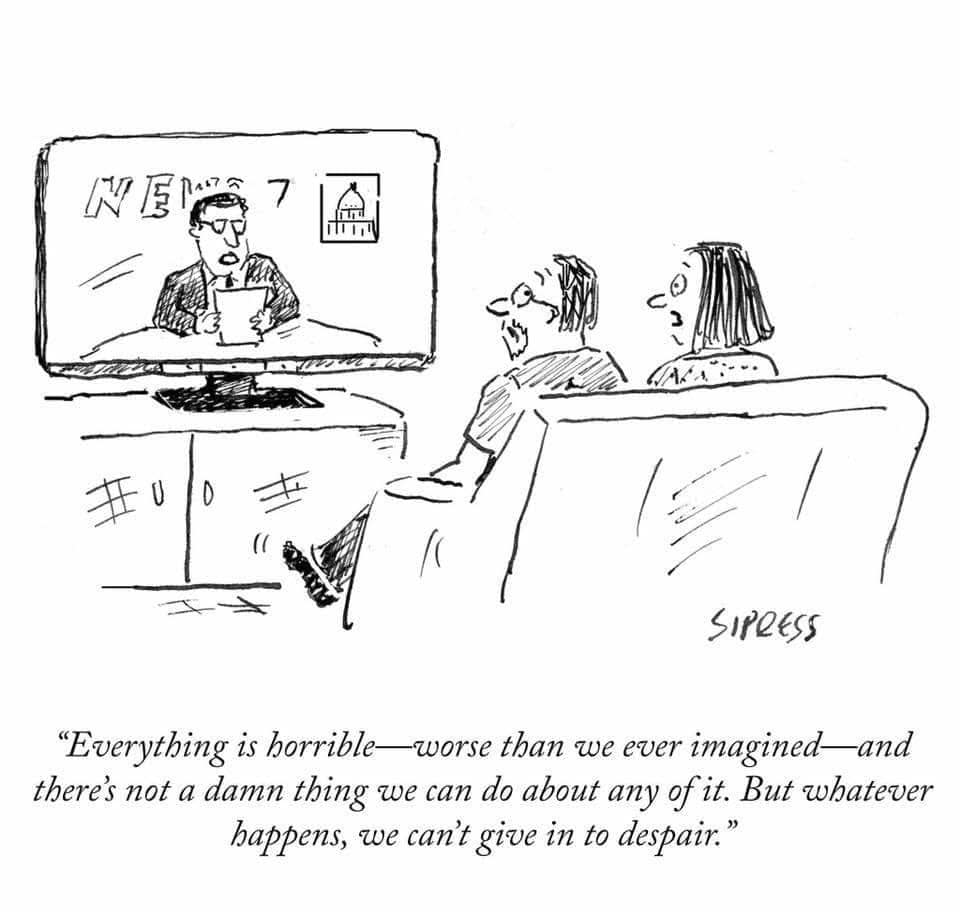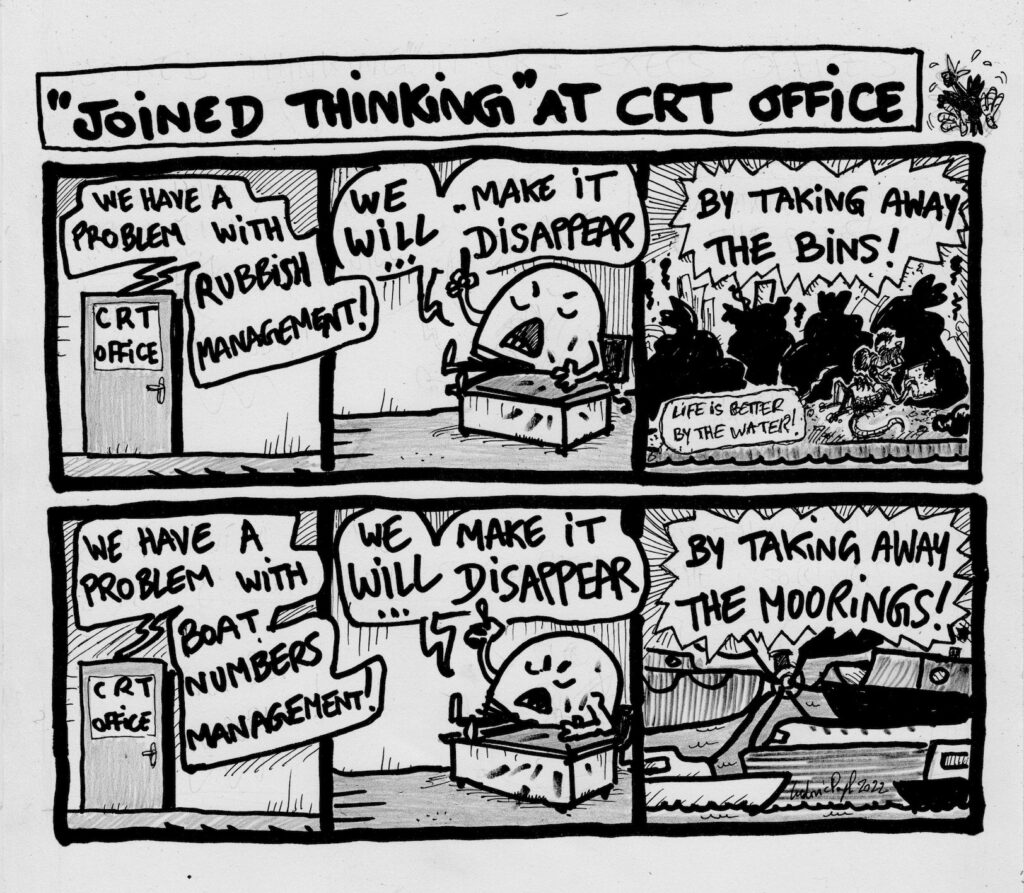My experience of tech over the last 20 years has been like watching the same old weeds sprout up in the cracks, because the #eekprobem keep clinging to the illusion of control. But yeah, every bit of rot turns to soil eventually – as long as we keep digging, the roots of something real can break through. Time to turn the pile!
In activism and grassroots media, you inevitably face an ongoing, unpleasant truth: when pushing against #mainstreaming and the inertia of the #deathcult, bad faith comes at you like a storm. Your best, and often only, defence is to hold onto your good faith. But good faith alone isn’t enough, we need shared tools to compost the rot, turn the muck of broken movements and failed tech utopias into fertile soil where new paths can grow.
That’s where the Open Media Network comes in. The #OMN isn’t just another pointless tech project, it’s a living, breathing attempt to bridge the gap between technology and society, providing a trust-path, decentralized platform built with the #4opens. It doesn’t try to solve problems from above but empowers people to build, moderate, and nurture their own grassroots networks from below, to shape and reshape flows of information. It’s about composting the old, failed models, not simple #techchurn replicating them.
The divide we need to bridge is #blinded pragmatism vs. social understanding. Too often, conversations around tech and social change get stuck in a loop. On one side, pragmatists push for immediate, concrete solutions, get the app working, ship the code, solve the surface problem. On the other, social thinkers argue that tech is inherently social, that ignoring the human context just perpetuates the mess.
Take #ActivityPub, a powerful protocol, but without a grounding in human trust networks, it risks recreating the problems of centralized social media. Or the rise of decentralized platforms flooded with reactionary and far-right content, a direct result of ignoring the need for human, community-driven democratic moderation and governance paths.
The #OMN is outside this loop. It acknowledges the pragmatism of building functional tools while insisting that those tools be shaped by, and in service of, grassroots communities. The five core functions shape the growth of simple tools with complex outcomes. The OMN is built on five core functions, deliberately minimal to avoid tech bloat and keep the focus on human networks:
- Publish: Share objects (text, images, links) into a stream.
- Subscribe: Follow streams from people, groups, hashtags, etc.
- Moderate: Push/pull content, express preferences, and comment.
- Rollback: Remove untrusted historical content from your flow.
- Edit: Adjust data and metadata on content you have access to.
These simple actions, combined with human moderation, allow complex ecosystems to grow organically. You can shape your information flow, curate trustworthy content, and build collective knowledge, all while being able to remove what doesn’t serve the communities.
The crew needed is good faith in action, a crew committed to holding good faith, even in the face of bad faith pushback. People willing to pick up shovels, get dirty, and start composting. This isn’t about idealism; it’s about grounded action, learning from past projects like #indymedia and #Fediverse experiments, using what worked, and discarding what didn’t.
What is need:
- Builders: Coders who understand that tech is just a tool, not a solution.
- Moderators: People who know the value of careful curation and trust networks.
- Storytellers: Those who can document, explain, and inspire others to walk the paths.
- Bridge-builders: Activists who can connect different communities and facilitate cooperation.
This work isn’t glamorous. It won’t get you VC funding or a keynote at a tech conference. But it will lay the groundwork for something real, a decentralized, people-powered network where communities control their own narratives and relationships.
The future is a wild garden, not a walled garden. This path is a chance to build the #DIY, grassroots semantic web we’ve been dreaming of. Not another monoculture tech project, but a resilient forest of interconnected communities, each shaping its space while being part of a larger whole. It’s not about “scaling” in the #mainstreaming capitalist sense, but about growing deep roots and wild branches.
By supporting this we invest in people who reclaim digital experiences, where information is nurtured and composted into new possibilities, and where bad faith can be met not just with good faith, but with networks strong enough to withstand and outgrow the rot.
Join the paths. Let’s build this together. It’s time to start shovelling.
We can support this Open Collective or get involved in the coding https://unite.openworlds.info
#OMN #4opens #indymediaback #openweb #ActivityPub #TechCompost #GrassrootsMedia #TrustNetworks







